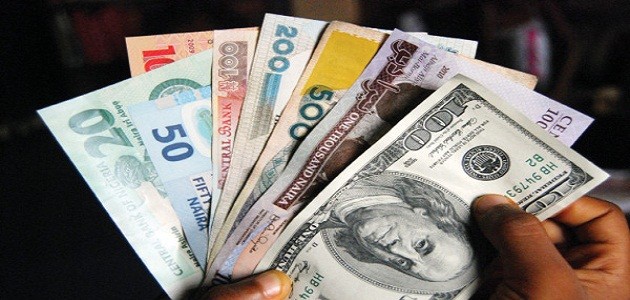
A major decision of the present administration of the of the President Ahmed Tinubu led administration at inception was the floating of the country’s currency thereby scrapping the multiple exchange windows of the official and parallel market forces of exchange rate that has held sway over the years.
In his analysis of the implication of the major financial policy of the administration, Analyst at the Bank of America ( BofA) said floating has caused under value of the naira.
Since the Central Bank of Nigeria (CBN) announced the scrapping of the multiple exchange rates on June 14, 2023, the value of the naira has depreciated by over 60 per cent, trading for over ₦750 to one US dollar, compared to ₦460 before the reform.
At the close of business on Friday, June 30, 2023, the naira further dropped against the dollar, exchanging ₦769.25 at the investors and exporters window.
But, as reported by BusinessDay, analysts at the Bank of America stated in the note to clients, “We now see a USDNGN fair value of 680 per USD (previously 580). However, USDNGN is likely to trade above this level, with year-end 700, and a return to 650-680 in early 2024.”
The Bank of America’s fair value estimate of ₦680 means the naira is now 12 per cent undervalued.
The Bank’s fair value estimate of ₦680 means that the naira has now lost 12 per cent of its value.
“The caution is transition time, aligning rates and still to unlock more USD into the formal market will take some time. When the dust has settled, the value of the naira should be stronger and appreciating,” the analysts added.
BofA also postulates that higher oil exports ($12 billion more) and a liberalised import regime ($10 billion increase in non-oil imports) can still result in consistent current account surpluses over the medium term.
“An addition of $12-13 billion on export revenues from higher oil production is moderated by a liberalised imports regime that could add $10 billion as non-oil imports increase. Still a net gain of $2-3billion that strengthens the current account surplus.
“With the current momentum, Tinubu’s next big move should be to reduce oil theft – by reforming the security sector and involving host communities near the pipelines,” the BofA analysts said.
If successful, the global financial institution foresees a potential increase in Nigeria’s crude production from the current 1.2m barrels per day (bpd) to 1.6 million bpd in 12 to 18 months, barring OPEC limits.
“In our view, increasing crude oil production to 1.6m bpd in the next 12 months is feasible and would be a structural improvement from current levels of about 1.2m bpd. If we include condensates, total oil production could rise from the current 1.4m bpd to 1.8m bpd in two years a level that Nigeria was producing pre-pandemic,” Bank of America added.



